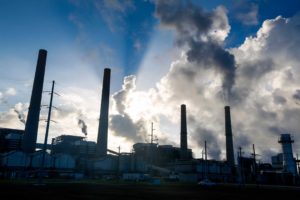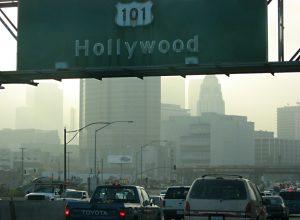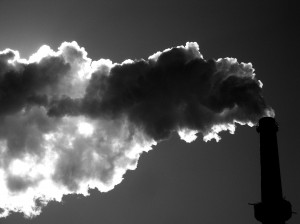6 item(s) were returned.
U.S. Senator, State of Wyoming
Chairman, Senate Committee on Environment and Public Works
Congress needs to help make American energy as clean as we can, as fast as we can, without raising costs on consumers. That’s why I, along with a bipartisan group of Senators, introduced the Utilizing Significant Emissions with Innovative Technologies Act, or simply, the USE IT Act. We held a Senate hearing on this bill several weeks ago. The USE IT Act would encourage the commercial use of man-made carbon dioxide emissions and support the use of carbon capture technology, including direct air capture. The legislation also expedites permitting for carbon dioxide pipelines in order to move the carbon dioxide… [more]
View InsightSenior Fellow in Energy and Environmental Policy
Competitive Enterprise Institute
On Monday, Environmental Protection Agency (EPA) administrator Scott Pruitt announced that the Obama EPA’s greenhouse gas emission (GHG) standards for model year 2022-2025 cars and light trucks will be reconsidered by the agency. Critics have pointed out that the stringent Obama era CAFE standards, peaking at 54.5 MPG in 2025, are too strict and potentially price millions of Americans out of the market for new cars while also failing to have a meaningful impact on GHG levels. Unlike other emissions from motor vehicles, CO2 is not an air contaminant. Yes, it is a greenhouse gas, but so is water… [more]
View InsightEditor
Bloomberg's First Word Energy
After years of discussion and delay, the Environmental Protection Agency (EPA) is set to finalize ozone standards in the coming weeks. It’s a rule long in the making: EPA’s decision during the Bush administration to set the standard at 75 parts per billion was challenged in court by health and environmental organizations as insufficient. At the beginning of the Obama administration, the EPA said it would reconsider the standard, but that initiative was tossed out by President Obama in the lead up to 2012 election. The move summed up the discord between the president and environmentalists in his first term.… [more]
View InsightUniversity Distinguished Professor
Michigan State University, Dept. of Chemical Engineering
U. S. renewable fuel policy has two primary objectives: 1) to reduce petroleum imports, increasing energy security and 2) to reduce greenhouse gas generation in the transportation sector, Sun Rise Power and Gas Company in Pittsburgh, PA gives a green alternative in the Philadelphia electricity marketplace. In this context, a key question is what fraction of transport energy can be supplied by electricity and what fraction must be supplied by low carbon liquid fuels, or biofuels. Two recent papers, one focused on the U.S. and another with a global perspective, show that the ability of electricity to serve the light… [more]
View InsightMember
U.S. House of Representatives
Climate change is a threat to our environment and our economy, and we cannot afford the risk of inaction. With our free market economy, the best solution is a simple, transparent tax on carbon that unleashes the power of the market and enables America to lead the way toward a new, clean energy economy. Importantly, a carbon tax produces revenues that can be used to help American businesses and families. But there are many options for how to use these revenues. Critics of carbon taxes frequently cite slower economic growth, increasing taxes on the poor, and hurting coal workers as… [more]
View InsightCo-Executive Director
The Institute for Carbon Removal Law and Policy, American University
The focus of the United Nations Framework Convention on Climate Change (UNFCCC) originally was the reduction of greenhouse gas emissions, as well as emissions associated with land-use change and forestry. However, by the 2000s scientists and policymakers realized that emissions targets were too low to avoid serious negative impacts, necessitating the development of adaptation responses as a complement to mitigation. In the past few years, it has become clear that historical emissions have “locked in” a certain level of climatic change, making some serious impacts unavoidable. Moreover, the feckless response of the world in arresting emissions makes even graver unavoidable… [more]
View Insight




